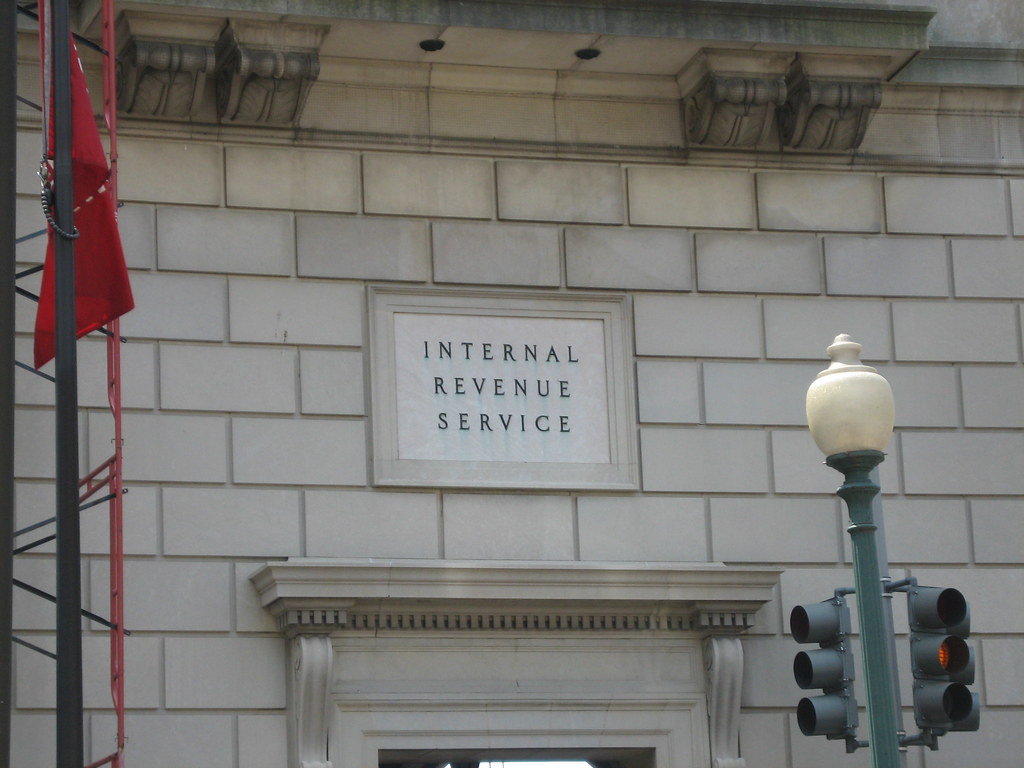
The IRS declared in a recent federal court filing that churches may endorse political candidates to their congregations without risking their tax-exempt status. This marks a significant shift from a 70-year-old interpretation of the U.S. tax code.
The Johnson Amendment, passed in 1954, has traditionally barred nonprofit organizations, including churches, from endorsing political candidates without jeopardizing their tax-exempt privileges. President Donald Trump has been a vocal advocate for repealing this amendment.
New Interpretation of the Johnson Amendment
In a joint filing with the National Religious Broadcasters (NRB) in the U.S. District Court for the Eastern District of Texas, the IRS stated:
“Communications from a house of worship to its congregation in connection with religious services through its usual channels of communication on matters of faith do not run afoul of the Johnson Amendment as properly interpreted.”
The IRS added that when a house of worship speaks to its congregation on electoral politics through the lens of religious faith, it does not “participate” or “intervene” in a political campaign, according to the ordinary meanings of those terms.
This filing was part of a joint motion by the IRS, NRB, and two Texas churches—Sand Springs Church in Athens and First Baptist Church Waksom—to settle a lawsuit via a consent judgment.
The churches and NRB sued the IRS last year, arguing that the Johnson Amendment violated their First Amendment rights to free speech and religious expression, along with other constitutional claims.
A judge has yet to rule on the consent judgment motion, which, if approved, would permanently prevent the IRS from enforcing the Johnson Amendment against the plaintiff churches.
What The Author Thinks
This updated stance by the IRS could be a significant step toward protecting religious organizations’ rights to engage in political discourse without fear of losing tax benefits. While it balances religious expression with the tax code, ensuring clarity on what constitutes endorsement versus sermonizing will be key to avoiding future legal confusion.
Featured image credit: Martin Haesemeyer via Flickr
For more stories like it, click the +Follow button at the top of this page to follow us.
